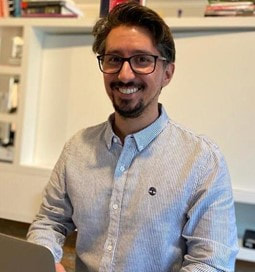|
Brazil has excellent researchers who investigate game-based approaches. Some of them study TGfU. Despite this, the TGfU approach itself is not widespread. Some of the possible reasons are:
It is important to highlight that the possible reasons listed above represent a general overview, which does not mean that some teachers/coaches do an excellent job or even use Game-Based approaches in their practices. However, we know that the three elements raised are limiting for most professionals. Despite that, some initiatives have been developed in recent years:
|
BrazilIAB MembersNational OrganisationsTGfU EventsJournals |








